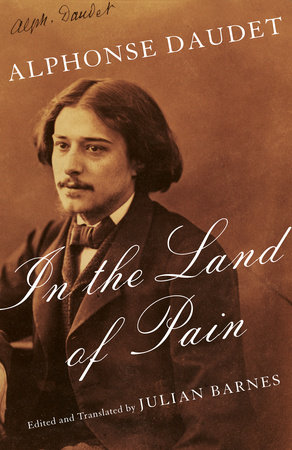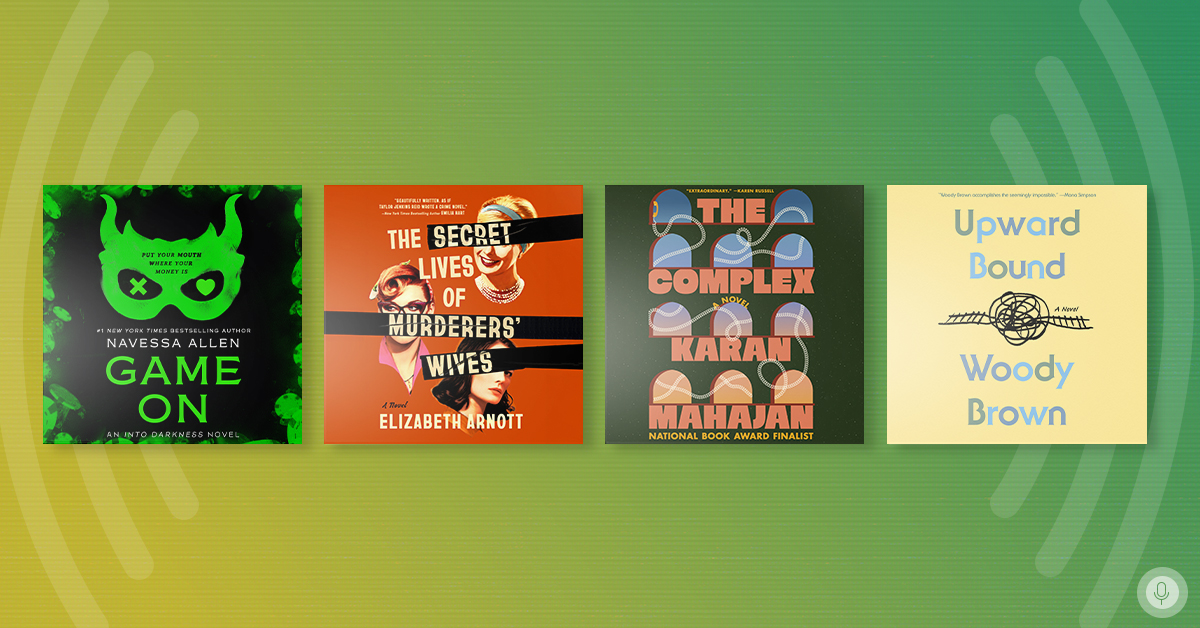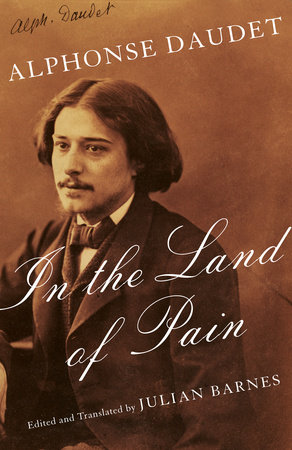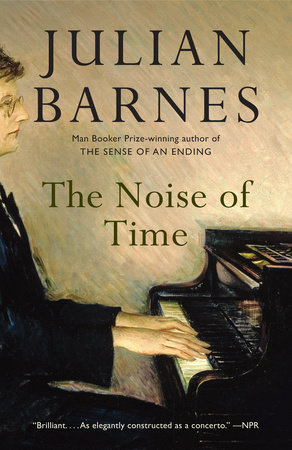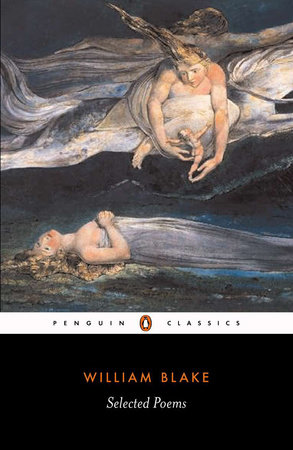A Conversation with Julian Barnes editor and translator of In the Land of Pain
Q: Charles Dickens called Alphonse Daudet “his little brother in France,” and Daudet’s friends and contemporaries were Turgenev, Flaubert, and Zola. Why has he become, as you call him in your introduction, “ a substantially forgotten writer nowadays,” and why is he important?
A: I think he was one of those writers, extremely popular in his day, whose work has most of its appeal to his contemporaries. Also, while he is a very good writer—novelist, playwright, journalist—he was, in the final judgment, less great than the three friends whose names you cite. He is still read—Letters from My Mill and the Tartarin books are always in print—but this vein of humorous Provencal fiction is only one side of him. The rest has more of less vanished. I think that’s a bit unfair, thought I wouldn’t claim that his collected works are full of forgotten masterpieces waiting to be resurrected. But In the Land of Pain—hitherto completely unknown outside France, and never before translated—is a work that falls outside any obvious category, and demands not rediscovery (since our predecessors didn’t know it) but discovery.
Q:What drew you do Daudet and specifically his notes on his experience living and suffering with an incurable case of syphilis?
A: In about 1982/3 I was researching my novel Flaubert’s Parrot, and came across a reference to this book with a strange title, La Doulou, in which Daudet wrote about his experiences as a tertiary syphilitic. Flaubert also had syphilis (but barely alluded to it), so I looked up the Daudet in a university library. I was immediately struck by its extraordinary truthfulness, lack of self-pity, precision and wry humour. In the old phrase, grace under pressure—extreme pressure. The book lodged in my mind and never really left. A couple of years ago I thought I ought to reread it, and wondered why it (still) hadn’t been translated. (Well, because no one knew about it—I still haven’t met anyone in England who’s read it in French). So I thought I’d write one of those articles in a literary magazine saying ‘Why hasn’t this small masterpiece been translated?’ Then I thought, Do it yourself, matey. So I did.
Q: You also say in your introduction that if Daudet “dined in the highest company, he was also a member of a less enviable 19th century French club: that of literary syphilitics.”
What was the connection between syphilis and the literati of the time? Did other writers record their experiences?
A: A number of writers—Flaubert, Jules de Goncourt, Maupassant, Baudelaire—had syphilis; likewise others in the artistic field. But they were far from atypical; as Daudet’s notes about the spas he visited in an attempt to cure his disease make plain, syphilis was common in all walks of life. We hear more about ‘artistic syphilis’ because we are interested in the artist (and sometimes try to theorize about the extent to which their art is affected by the grim disease’s presence in their lives); but of course for every famous writer who caught syphilis, there is usually an unfamous non-writer from whom he caught it. These we forget more easily. Few writers recorded their experiences—though Edmond de Goncourt recorded his brother Jules’ suffering in his Journal. After Jules died, Edmond made a new best friend and surrogate brother in Alphonse Daudet—only to watch him go through the same terrible, inexorable suffering that he had witnessed already. Further, Daudet kept asking Goncourt about what Jules was going through at a similar stage, and measuring his progress—or regress—against that of his friend’s dead brother. This generation of writers did look life, in all of its facets, full in the face.
Q: Which of Daudet’s works are available in English, and what would you recommend to someone interested in reading more of his work?
A: I should imagine Letters from My Mill exists in English. But most of him is out of print. However, since he was translated and reprinted many time, the estimable www.abebooks.com will doubtless be able to supply anything. Sappho, The Evangelist, and Numa Roumestan are certainly worth investigating. But only after you’ve read In the Land of Pain, of course.
Q: What do you think Daudet’s observations have to offer people suffering from chronic pain/disease today?
A: People don’t die of tertiary syphilis any more in the developed world. And pain control is better nowadays. But obviously AIDS offers a parallel case—especially in its earliest, seemingly untreatable days. And diseases carrying death sentences are still with us. What is central and timeless about In the Land of Pain, what makes it speak to us directly and harrowingly, isn’t the fact of syphilis but the more general encounter with pain: physical, moral, familial, social. Daudet’s response to it, never boastful, never self-pitying, seems to me to be exemplary—though he would not have thought of himself as an example. I’d also say that what he has written is relevant to each of us, however young, healthy, and chaste we might be. To be born is to receive a life sentence of anything between zero and one hundred years. Daudet—when he learned that his condition could not be cured—received one of between five and fifteen years. So he faced, in a shorter period, what we all face in what we hope will be a longer one. As a courageous truth-teller who has gone before, he is worthy of our attention—and our honouring.
